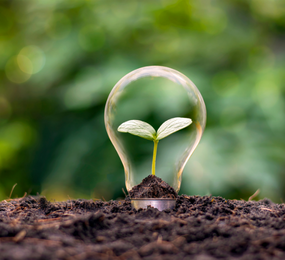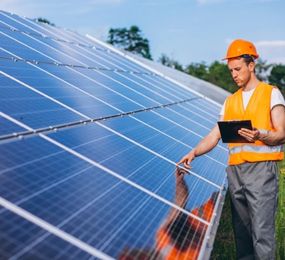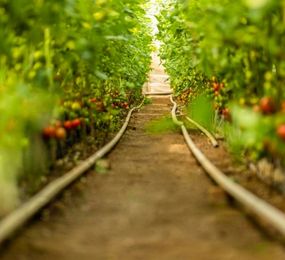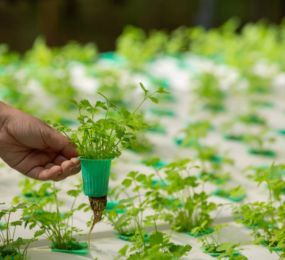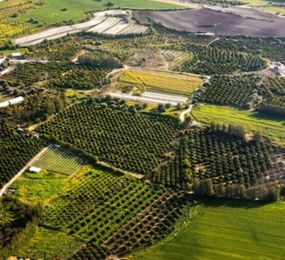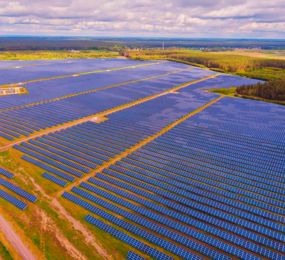Agrivoltaic systems, often referred to as dual-use solar systems, have been more well-liked in recent years due to their potential to encourage sustainable food and energy production and improve the efficiency of land usage. Agrivoltaic systems place solar panels over livestock or crop regions to generate electricity while also providing shade. Ongoing study and discussion surround the impact of agrivoltaic systems on crop productivity, nevertheless. We will examine the present status of study on how agrivoltaic systems affect agricultural productivity in this post.
Agrivoltaic systems may shade crops, which helps lessen heat stress and water loss. In places with high temperatures and low humidity, heat stress can lower agricultural yields and quality. By lowering the quantity of direct sunlight that reaches the crops, agrivoltaic systems might help minimise these effects by fostering a microclimate that is more conducive to agricultural growth. Additionally, the solar panels' shade can lessen the amount of water that evaporates from the soil, which can help preserve water supplies.
Research on how agrivoltaic systems affect crop productivity has produced a range of findings. While other studies found negative or neutral impacts, some observed favourable effects on crop production. For instance, a Japanese study discovered that agrivoltaic systems enhanced cucumber crop yield by 26% when compared to a control group without solar panels. Similar to this, an Indian study discovered that agrivoltaic systems enhanced chilli pepper harvest by 35%. According to these studies, agrivoltaic systems may increase crop output.
Yet, some research has found that agrivoltaic systems have either positive or neutral effects on agricultural yields. For instance, a study carried out in Germany discovered that agrivoltaic systems had no appreciable impact on wheat crop yield. Agrivoltaic systems had a detrimental impact on maize crop yield, according to a different US study. These studies demonstrate that a range of variables, including crop type, environment, and system design, may affect how well crops produce when using agrivoltaic systems.
Because agrivoltaic systems are relatively new and there aren't many long-term studies available, one of the difficulties in researching their impact on crop output is the lack of long-term studies. Several researches have been done on a small scale or in lab settings, which may not fully represent the realities of farming in the real world. Agrivoltaic system designs are also not uniform, which might make it challenging to compare the outcomes of different studies.
Notwithstanding these difficulties, agrivoltaic systems are becoming more popular as a means of promoting sustainable food and energy production while also improving the efficiency of land use. While additional research is necessary to properly understand how agrivoltaic systems affect crop yield, the available data indicates that, under some conditions, they can benefit some crops. Agrivoltaic systems may become a more crucial instrument for producing renewable energy and sustainable agriculture as research advances.
To find out more details about “The effect of agrivoltaic systems on crop productivity”, join us on 8th - 9th November, 2023 for the 2nd Annual AgriVoltaics Europe, in Steigenberger Airport Hotel, Amsterdam, Netherlands.
To register or learn more about the Forum please check here:http://bit.ly/3kR0v2R.
For more information and group participation, contact us: [email protected]



